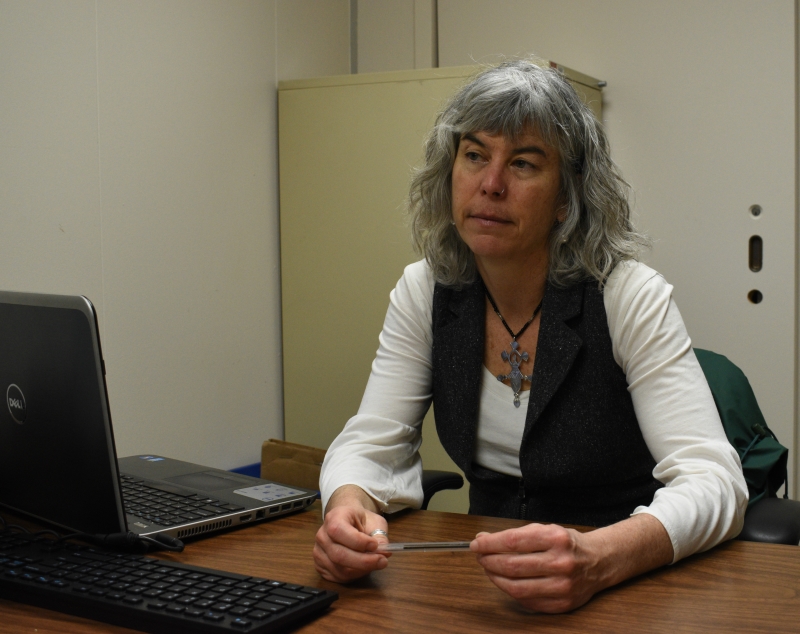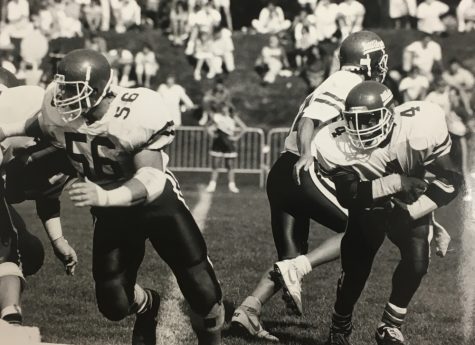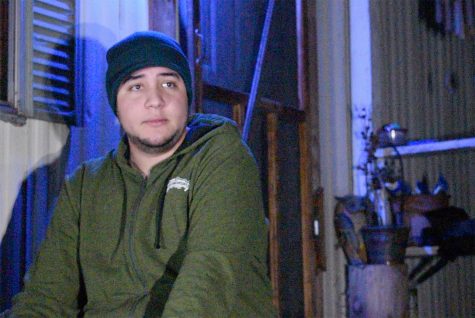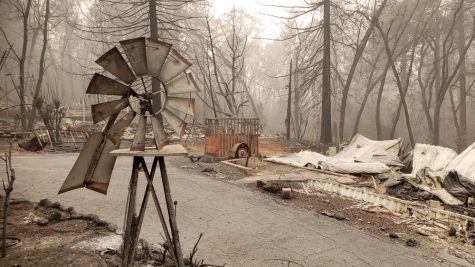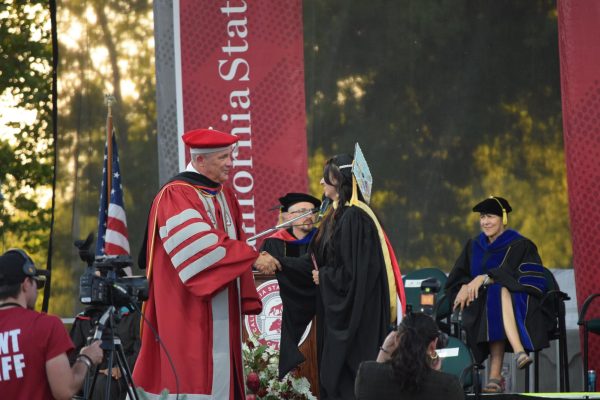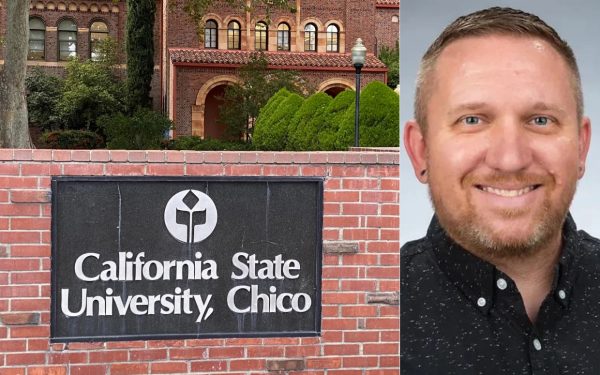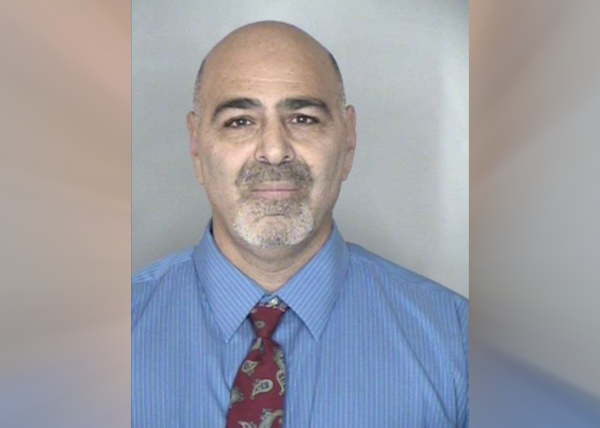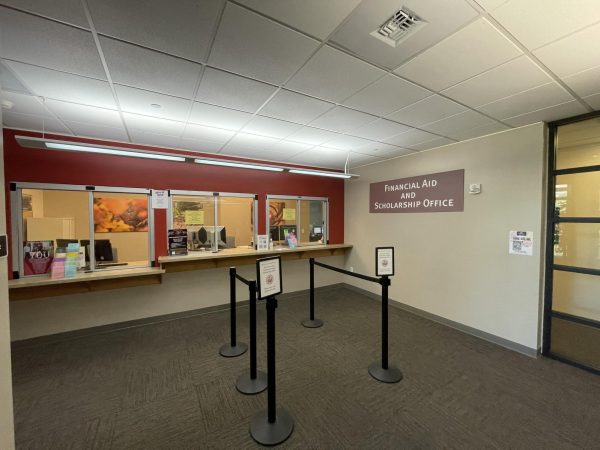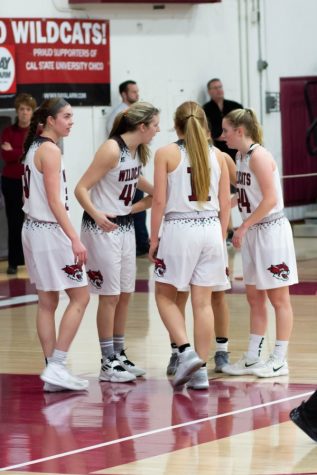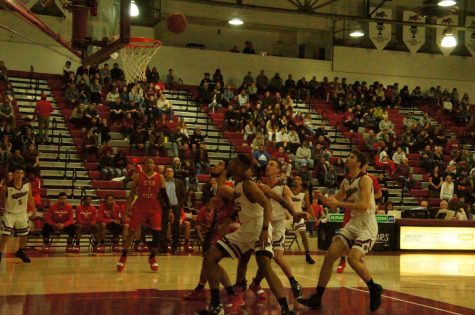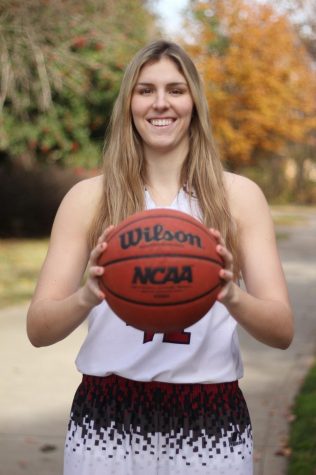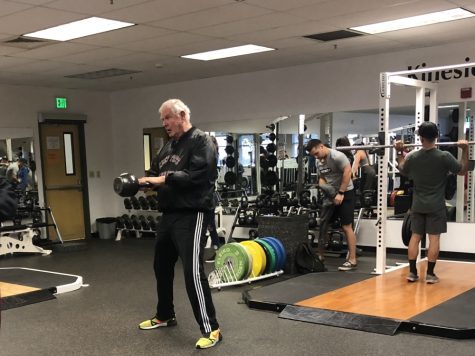Chico State professor creates educational experiences outside the classroom
Professor Sue Hilderbrand discusses how she balances hosting a weekly radio show with producing a gun violence documentary while also teaching Chico State students.
College educators often research independently to better learn educational subjects and to become more informed teachers.
Political science and criminal justice lecturer Sue Hilderbrand uses two educational outlets outside of Chico State; she hosts a weekly talk radio show and she’s producing a research documentary about guns in America.
Hilderbrand hosts The Real Issue, a show on KZFR 90.1 FM every Wednesday from 6 to 7 p.m. This show allows her to hear from guests, usually from the Chico community, to better her understanding of local and global issues. She’s hosted this show at different time slots for 11 years now.
In the past three years, Hilderbrand also produced a research documentary focused on firearms in modern society and how guns are integrated in various American communities.
Two Orion news reporters sat down with Hilderbrand to find out how she balances lecturing while also hosting a talk show and producing a national documentary.
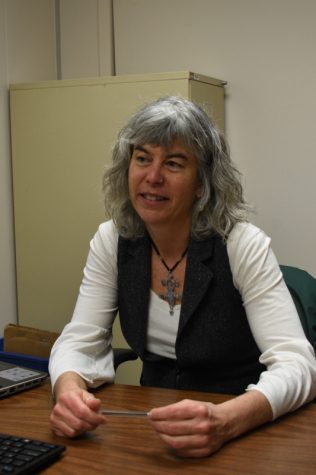
Q: How did your radio show come about?
A: I have listened to radio and talk radio my whole life. When I was even a little kid I would listen to talk radio.
Hilderbrand said that when she moved up to Chico, she met a guy who hosted a radio show every other week.
(He) alternated every week with another person to do this show and apparently the other guy was leaving and he needed someone to fill the spot. I was walking down the road one day, in Bidwell Park and this guy drove up next to me and said ‘I need you to do the other half of the radio show.’ And I said ‘I don’t know how to do radio.’ And he said ‘That’s ok, do you want to do it?’ And I said ‘Okay.’ (And) that was it.
Q: How often do you plan topics for your radio show in advance?
A: I don’t usually plan ahead, I usually decide the topic about four days before the program because I want something pretty current.
Q: When on the air, how much of your opinion do you share?
A: I think the savvy listener, or reader, or (whoever) can figure out your opinion. The questions that you ask shed light on your opinion…So my general attitude is if I’ve chosen the topic, I’ve chosen the guest and I’ve chosen all the questions, I don’t really need to share my opinion because it’s already there.
Q: How do you approach each show’s discussion?
A: I’ve been a political activist for a long time and what I have learned over the years is that when you tell people what they should think and how they should think they immediately reject it and they stop listening. (I) always (try) to approach (a topic) from a sense of curiosity.
Q: Do you ever talk about class lecture topics or discussions on the radio?
A: Yes, because we do current events a lot, especially in my government classes. So if something comes up, like there’s a school shooting for example, then somebody might bring it up in class so we’ll talk about that for a while. And from my students, the things that they talk about often give me ideas about what people want to hear on the radio. So I love to hear input from students because if they’re curious about something, then other people must be curious as well.
Q: “American Totem” is the name of the documentary you’re producing, what does that title mean?
A: The word ‘totem’ means an object representing a family or a clan. (It) usually serves as a reminder to its ancestry. So when you think of a totem pole, the idea is all of the faces or images represent somebody in the family or in the clan.
And in the film what that means, American Totem, is that we organize our communities around this tool (firearms)…so the emotional connection that Americans have to this object makes it more than just a tool. It represents groups of people (and) it represents our history.
Q: What is American Totem about?
A: What I’ve started to tell people is this film is a story about stories. So the whole film is about the stories that Americans tell about firearms. It’s more than just a tool. It’s political, it’s symbolic, it’s really emotional.
When you talk to somebody about why they have firearms, they often talk about things like ‘it guarantees our freedom.’ I mean that’s such a grand value. On the one hand people say, ‘This isn’t a tool.’ (And) on the other hand, It guarantees our freedom. We have a very mixed understanding of what firearms represent to this country.
Q: What angle does this documentary take on current American gun violence debates?
A: The current gun debate is: Should we have more guns or less guns? And what this film does is it explores why people are killing themselves and why people are killing each other and what are the stories that perpetuate this kind of distraction. We’re not actually having real conversations about violence in our society.
And what the film does, it basically says, We’re looking at all the wrong things. So it’s not a pro gun film and it’s not a pro gun control film. It comes from a completely different perspective…
We examine the stories of guns.
To listen to the rest of our interview with Hilderbrand, check out the SoundCloud link below.
https://soundcloud.com/tryto-findme-nowroomates/sue-hilderbrand-qa
To listen to Hilderbrand on the radio, tune into KZFR 90.1 FM on Wednesdays from 6 to 7 p.m. Recordings of these weekly shows are uploaded the following morning on KZFR’s website.
Hilderbrand will also be showing a pre-release screening of American Totem Monday at 6:30 p.m. The documentary is roughly 83 minutes long and after the showing, panel members will answer questions about the film. The panel will be facilitated by Professor Alan Gibson and will include President Hutchinson, Professor Darin Haerle and Hilderbrand.
Alex Grant and Kelsi Sibert can be reached at [email protected] or @AlexThomasGrant and @ksibertofficial on Twitter.








